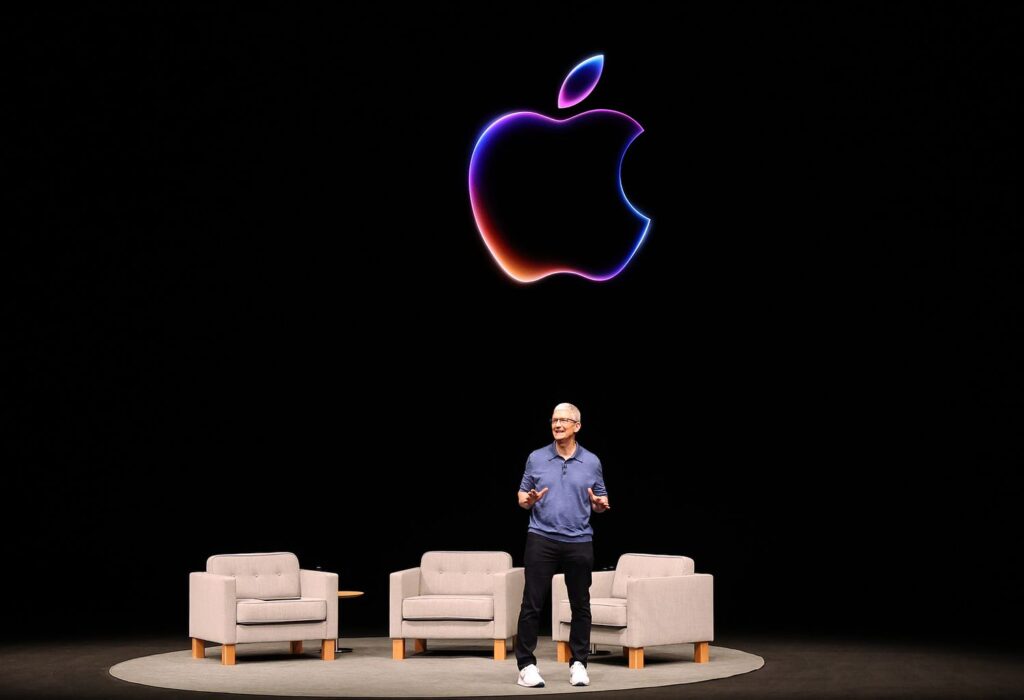The whispers surrounding Apple’s grand entrance into the smart home arena have been growing louder, hinting at a centralized hub to orchestrate our connected lives. However, recent insights suggest this much-anticipated device might not arrive as soon as we hoped. Simultaneously, rumors are swirling about a surprising move in Apple’s iPad lineup, potentially bypassing a chip generation altogether.
For months, the tech world has buzzed about Apple’s development of a dedicated smart home hub, envisioned as a central command center for managing our increasingly interconnected homes. This device, rumored to sport a 7-inch square display, a FaceTime camera, and enhanced speakers, was expected to run a specialized “homeOS” operating system, integrating seamlessly with various Apple apps. The design was said to offer versatility, with options for wall mounting or desktop placement via a dedicated dock. Initial expectations pointed towards a March 2025 launch.
However, recent reports suggest a potential delay. According to reliable sources, the operating system powering this hub relies heavily on advanced software features that may not be fully ready until later iterations of Apple’s core operating systems. This software dependency has cast doubt on the original timeline, suggesting the hardware itself might not reach consumers until later in the year. This aligns with earlier reports from prominent analysts who pointed to a potential third-quarter 2025 release, citing software development challenges as the primary reason for the shift.
While initially there was speculation about whether these reports referred to distinct devices, the converging timelines strongly suggest they describe the same product. It seems Apple is prioritizing a polished and fully functional software experience, even if it means pushing back the hardware release. This could mean a preliminary announcement in the spring, with the actual product hitting shelves after the annual Worldwide Developers Conference (WWDC) in the summer.
Beyond the smart home hub, Apple’s iPad strategy is also generating buzz. Speculation points towards a significant update to the iPad Air lineup, potentially skipping the expected M3 chip in favor of the more powerful M4.
The current iPad Air models, released last year in both 11-inch and 13-inch sizes, are powered by the M2 chip. Conventional wisdom, supported by early rumors, suggested a straightforward upgrade to the M3 chip this year. However, recent reports suggest Apple might have a different plan.
Sources indicate that the upcoming iPad Air refresh will focus on internal upgrades rather than significant design changes. The possibility of jumping directly to the M4 chip has emerged, aligning the iPad Air more closely with the iPad Pro regarding processing power. This move, while potentially blurring the lines between the two iPad lines, wouldn’t be entirely unprecedented. Apple has previously consolidated its Mac lineup around shared chip families, and a similar approach for iPads wouldn’t be out of the question.
This potential shift echoes Apple’s surprise move with the iPad Pro in 2024, which unexpectedly debuted with the M4 chip, bypassing the M3 entirely. This precedent suggests that Apple is willing to deviate from traditional upgrade cycles when necessary.
Aside from the potential chip upgrade, the new iPad Air is expected to retain its current design. However, it may incorporate Apple’s in-house 5G modem, a component also expected to feature in other upcoming Apple devices. There are also rumors of a new Magic Keyboard designed for the iPad Air. While it might not feature the aluminum top case found on the iPad Pro version, it could incorporate features like a function row of keys, enhancing the overall user experience.
In conclusion, Apple’s roadmap for the near future appears to involve both a strategic delay and a surprising leap forward. The anticipated smart home hub, while facing a potential delay due to software development, remains a key part of Apple’s vision for the connected home. Meanwhile, the potential jump to the M4 chip for the iPad Air signals a commitment to performance and a possible shift in Apple’s iPad strategy. These developments suggest an exciting, albeit slightly delayed, period of innovation for Apple and its users.
